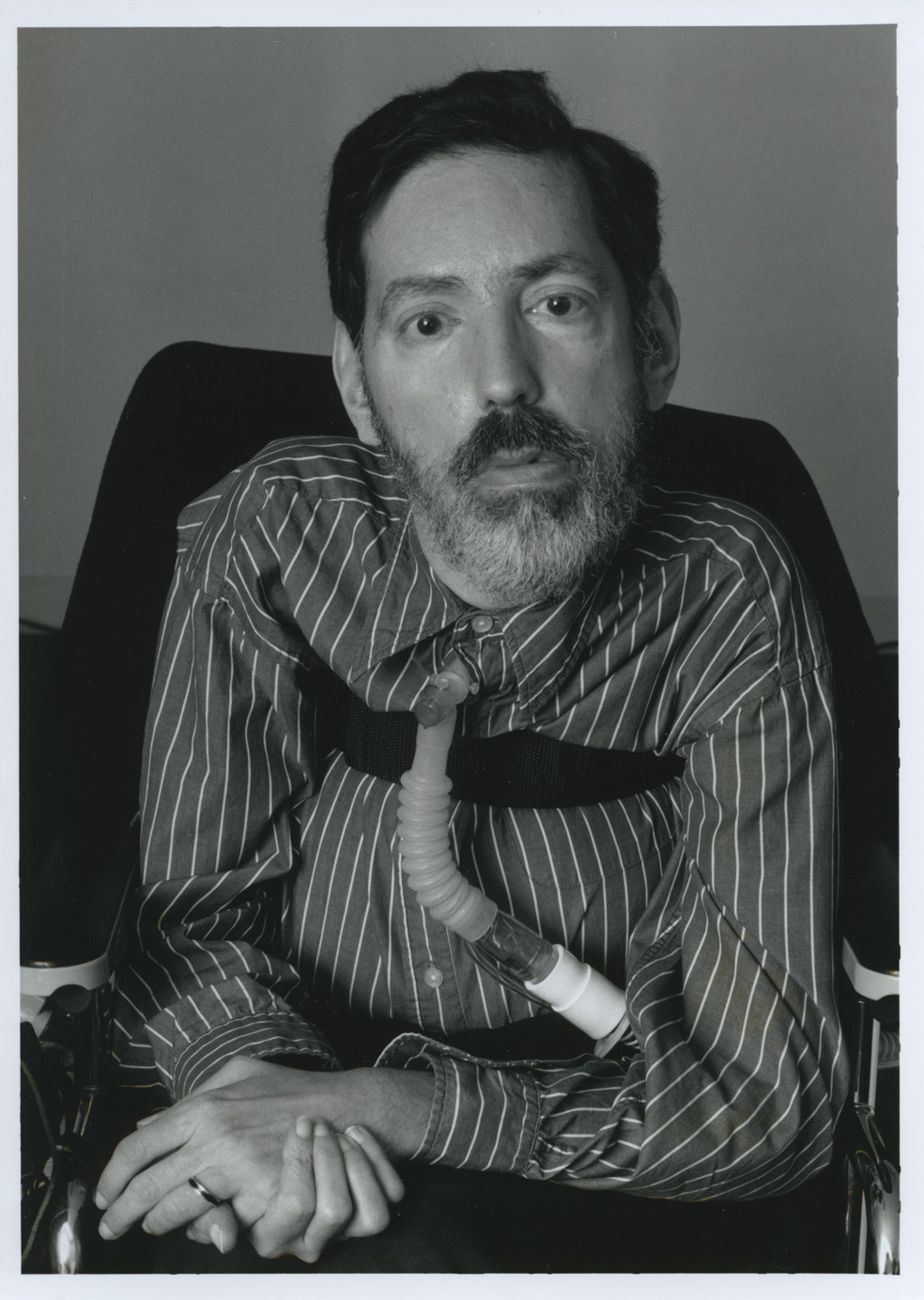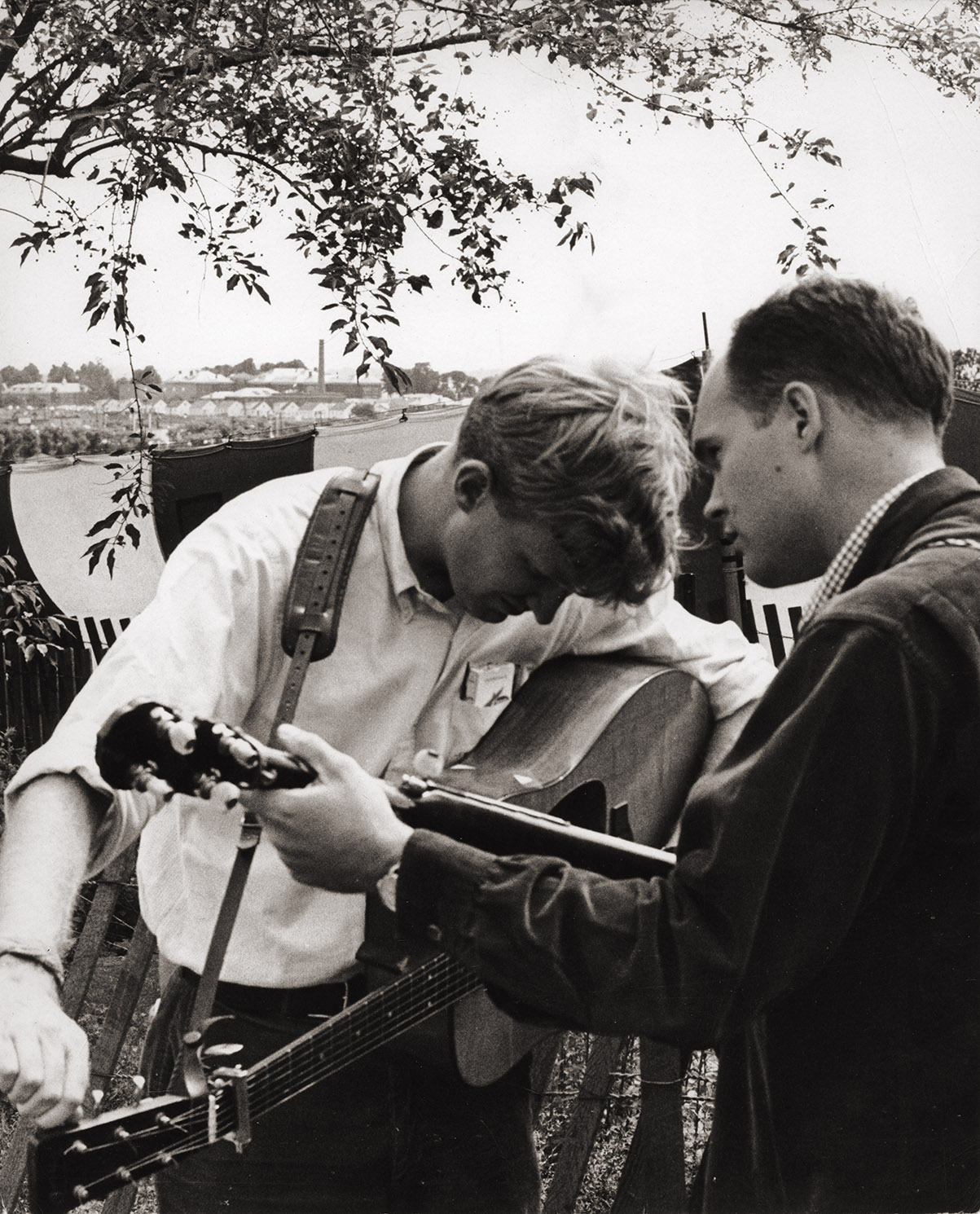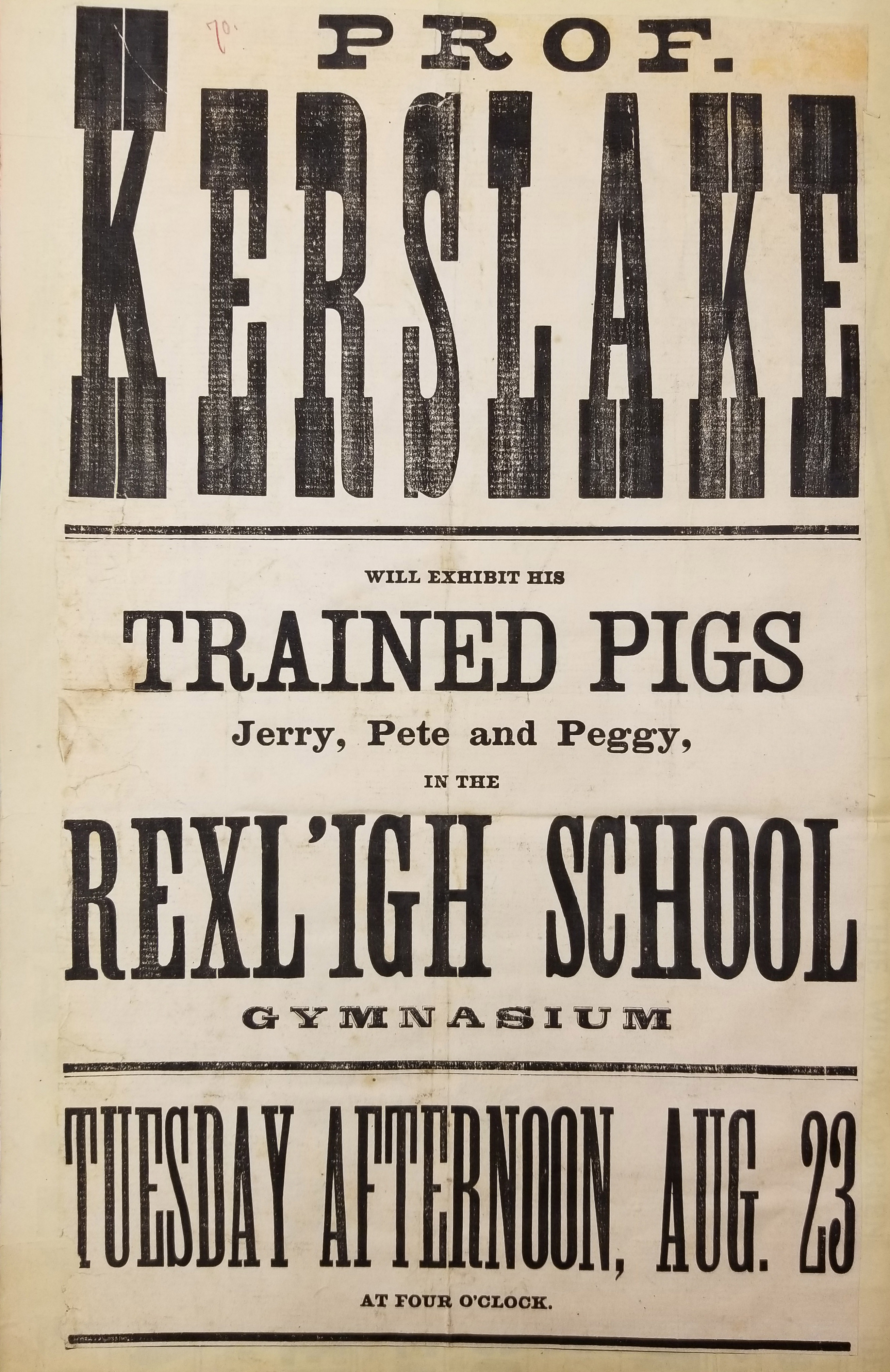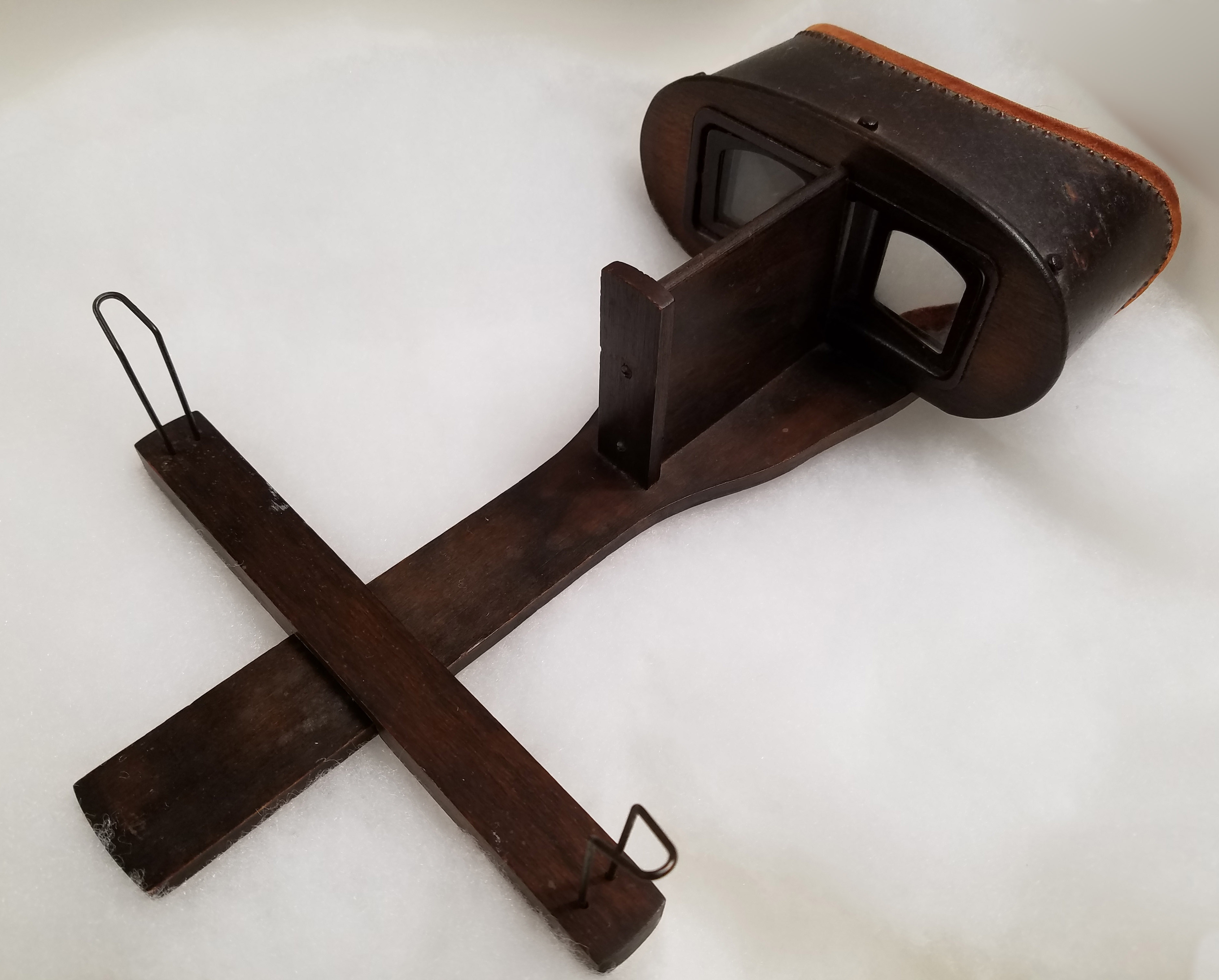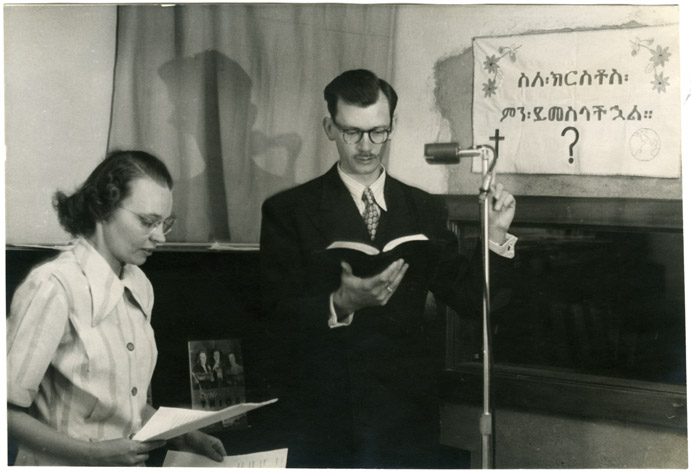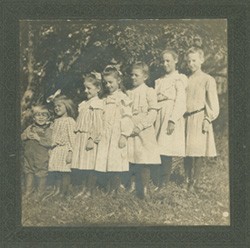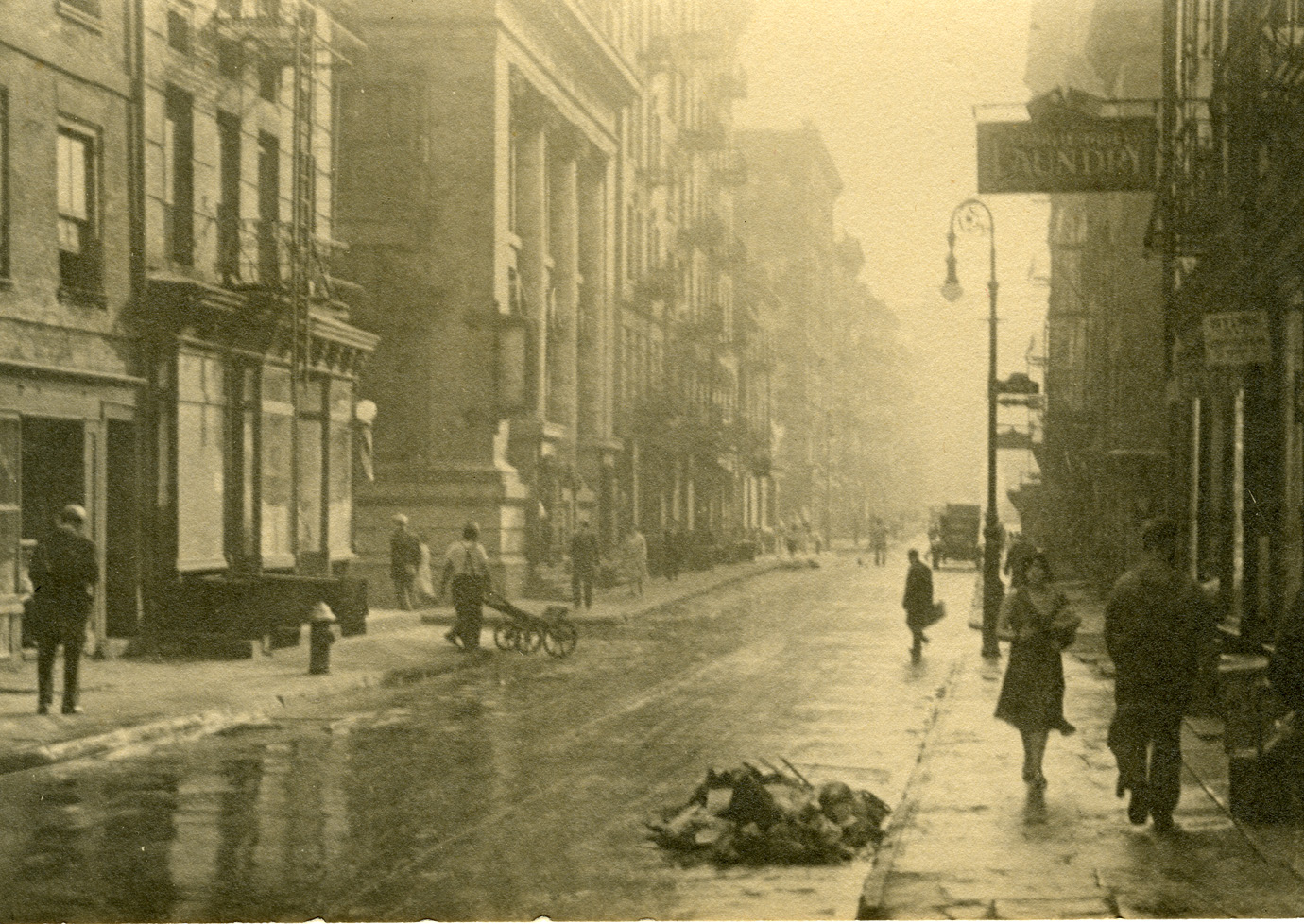Donald Junkins Papers
A poet, expert on the works of Ernest Hemingway, Robert Francis, and D.H. Lawrence, and a 1953 graduate of the University of Massachusetts, Donald Junkins directed the Master of Fine Arts in English program from 1966. Junkins juggled his career as a poet with his work at the University, focusing his teaching energy on literature, not creative writing, to save his creative resources. Before turning to poetry, Junkins studied theology at Boston University School of Theology. Through meeting poet Robert Francis and taking courses with Robert Lowell, Junkins discovered his love of poetry, and his life path was forever changed. After leaving Boston University, Junkins taught creative writing at Chico State University before returning to UMass to teach.
The Donald Junkins Papers document his youth in Saugus, Mass., his experiences as a student at UMass, and his professional and creative life. The collection includes correspondence with his family throughout his life, photographs documenting his family in Eastern Mass., his records as head of the MFA in English program, and his personal and professional correspondence.


